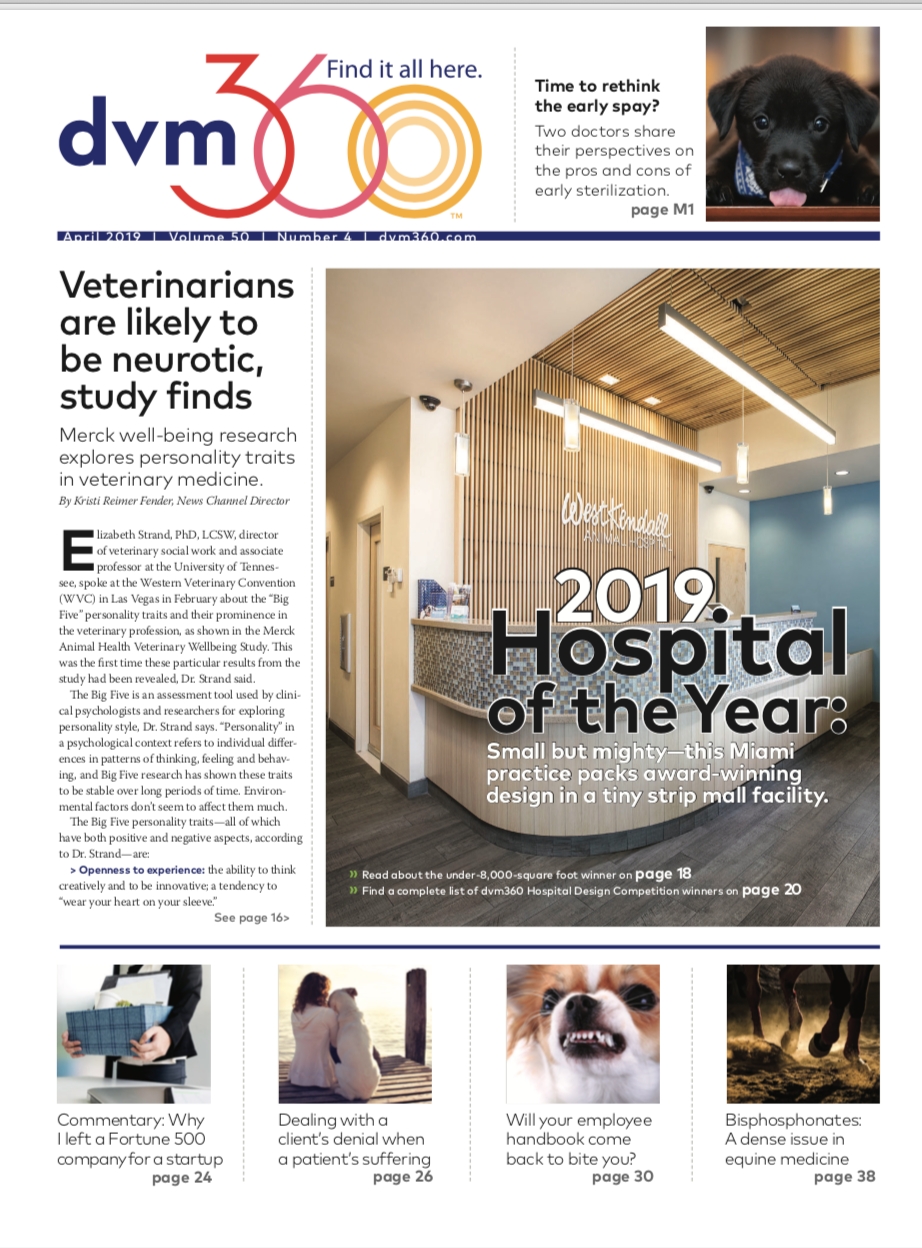Do your heartworm protocols need an update?
Consider this your reminder postcard, folks. With new canine treatment guidelines out now, its a perfect time to revisit your protocols to make sure your veterinary practice is current on heartworm prevention and treatment for cats and dogs.
sonsedskaya/stock.adobe.com/ lisagerrard99/stock.adobe.com

Whether you practice in Alabama, Arizona, California or Connecticut, chances are you have a protocol in place for routine heartworm screening and prevention as well as a plan to treat heartworm-positive dogs. But the American Heartworm Society-which continually monitors the latest studies-has recently updated guidelines. Check to see if you're up-to-date on ...
Preventives: Assessing risk.
The AHS heartworm guidelines on prevention call for year-round administration of heartworm preventives and practical steps to reduce mosquito exposure (for example, eliminating standing water and keeping dogs indoors during peak mosquito times) as the backbone of any prevention protocol. However, added risk may mean additional preventive steps are needed.
Down with heartworms!
Want to read more about new canine heartworm treatment guidelines?
- American Heartworm Society releases 2018 canine heartworm guidelines
- Heartworm prevention: Don't take 'no' for an answer
- Counter cost concerns with heartworm treatment
Factors that constitute high risk include:
Heartworm prevalence.
The relative risk of heartworm infection where you practice may vary both from year to year and from season to season. Take a year-over-year look at the number of heartworm cases you've been diagnosing. Has the number been rising? The presence of heartworm-positive dogs along with environmental and climate conditions that favor the proliferation of mosquitoes-either seasonally or year-round-can increase the risk of heartworm transmission.
Client compliance.
The efficacy of a prevention program is impaired by poor or inconsistent compliance. This also increases risk.
If and when the relative risk of heartworm transmission is considered high or individual client compliance is less than desirable, consider the added use of an EPA-approved repellent/ectoparasiticide. This will provide additional control of the mosquito vector and interrupt the chain of transmission by reducing the transmission from infected mosquitoes to dogs and from infected dogs to mosquitoes.
Testing: The ‘how' and ‘when' of heat treatment.
Heat treatment of serum samples prior to antigen tests can improve testing accuracy when antigen blocking produces false-negative results on in-clinic heartworm tests. While acknowledging that this added step has value when active clinical disease is suspected in the absence of a positive antigen test, however, the AHS does not recommend this step for routine in-clinic screening.
Why not? The available heartworm tests are highly sensitive and accurate. Heat treatment of samples is contrary to label instructions for in-house tests and may interfere with the accuracy of both heartworm tests and combination tests designed to detect antibodies of other infectious agents.
Suspected serum samples should be sent to a veterinary reference lab or a college of veterinary medicine's parasitology department.
Treatment: Make the AHS protocol your go-to.
The step-by-step AHS heartworm treatment protocol-which includes administering a macrocyclic lactone (ML) preventive to kill juvenile worms and doxycycline to eliminate Wolbachia species bacteria prior to melarsomine administration-is designed to help reduce the severity of complications from adulticide therapy. The protocol includes a one-month waiting period between antibiotic and adulticide administration to allow more time for effects of the doxycycline to reduce worm biomass, reduce Wolbachia species metabolites and render microfilariae unable to mature to adults.
The AHS argues that this should be the default heartworm treatment. It's true that alternative non-arsenical protocols have been studied in the U.S. and Europe because of the need in cases where melarsomine treatment can't be used. However, the length of time required to kill adult worms, the uncertainty of “slow kill” treatment in resistance, the increased pathology, and the unknown restriction requirements with these protocols make them less than ideal for most patients and less predictable in outcomes. More studies are definitely needed.
Click here for a link to the full guidelines and other resources.
Christopher Rehm, DVM, is president of the American Heartworm Society and owner of Rehm Animal Hospitals in Mobile, Alabama.
